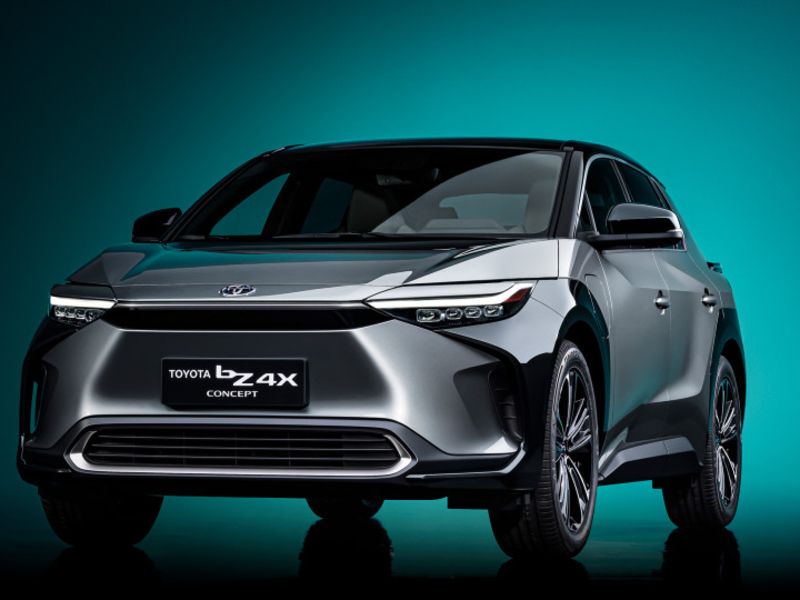
Toyota To Spend Nearly $14B On Batteries, Including Solid State, By 2030
Automaker expects to slash the cost of batteries by half in the second half of this decade
TOYOTA TO SPEND NEARLY $14B ON BATTERIES, INCLUDING SOLID STATE, BY 2030

Toyota will plow nearly $14 billion into battery development through 2030, ramping up solid state batteries and next-generation lithium ion power packs in a bid to slash emissions and give extra life to hybrid vehicles in responses to criticism it is slow on electric cars.
Executives, in outlining the plans in an online briefing on Tuesday, said that Japan’s biggest automaker also expects to slash the cost of batteries by half in the second half of this decade.
Toyota is still on track to develop solid-state batteries by 2025, Chief Technology Officer Masahiko Maeda said, adding that it began test driving a working prototype last year.
The company is considering using the solid-state batteries not only in pure EVs but also in hybrid vehicles, if engineers can develop the right balance of power output and stability, he said.
Toyota also plans to commercialize a next-generation lithium ion battery in the second half of the decade that will make further advances in cost and performance for electrified cars.
“By establishing a system for both development and supply, we will promote the dissemination of electrified vehicles, including BEVs,” Maeda said, referring to battery electric vehicles.
Meanwhile, Toyota expects further gains from a newly developed structure for older-generation nickel-metal hydride batteries. This so-called bipolar structure allows for a doubling of the power density and was deployed this summer in the redesigned Toyota Aqua compact hybrid.
Long lifetime, stability and safety are key benchmarks for Toyota’s batteries, Maeda said.
The battery that will be used in Toyota’s upcoming full-electric crossover, the bZ4X, will be able to maintain 90 percent of its battery performance after a decade of use, Toyota said.
The bZ4X will realize a 30 percent reduction in cost by using less costly materials and structures and through a reduction in the amount of energy the vehicle actually consumes. Toyota aims to build on this by cutting battery costs another 50 percent by 2030, compared with bZ4X.
“We are focusing on safety, long service life, and high-level quality to produce good, low-cost, and high-performance batteries,” Maeda said. “What Toyota values the most is to develop batteries that its customers can use with peace of mind.”
Through investing 1.5 trillion yen ($13.7 billion) in battery development through 2030, Toyota wants to secure 200 gigawatt-hours of battery supply by the end of the decade. That is up from an earlier goal of 180 gigawatt-hours, as Toyota raises its sights for electrified vehicles.
Toyota plans to sell 8 million electrified vehicles in 2030, including 2 million battery electric and hydrogen fuel cell vehicles. The current outlook calls for battery electrics to comprise the majority of those 2 million units, but Maeda cautioned that Toyota can’t give a specific breakdown and said that the ratio may change depending on market trends.





